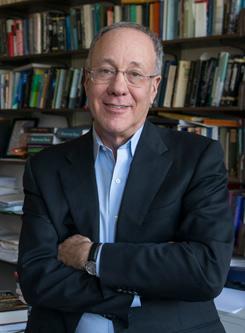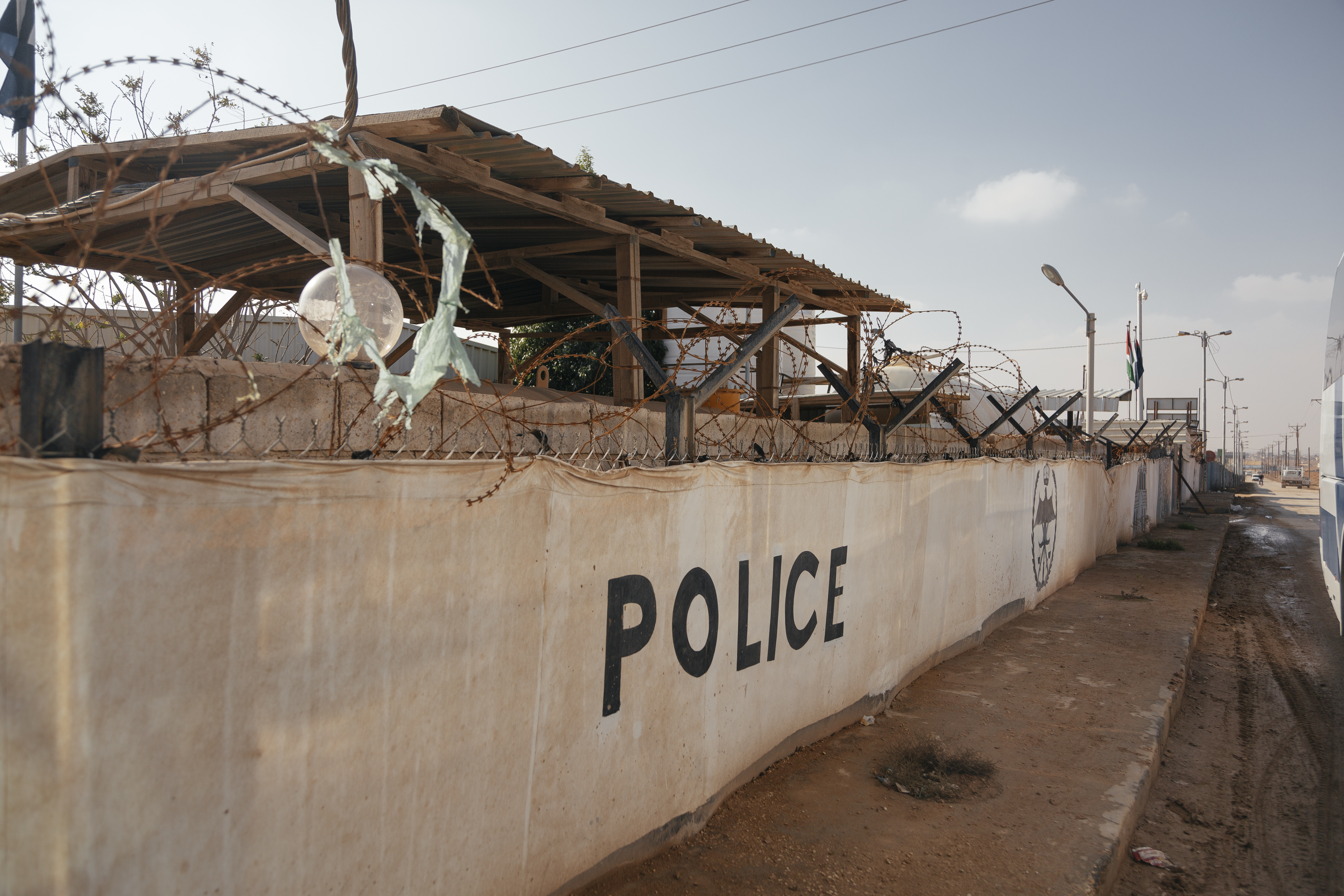Research
Overview
Research Agenda
The Pearson Institute is forming an ambitious research agenda that aims to inform the way policymakers, the military, nongovernmental organizations, and others understand and respond to violent conflict around the world. Together, they are asking questions that matter and applying the best available methodologies to generate data-driven insights. This agenda examines such issues as the complex dynamics that contribute to weak states, institutions, and social order.
Penetrating Questions
In recent years, scholars have begun to ask penetrating questions about the changing nature of violent conflict involving non-state actors. Insights from this research can help stakeholders understand the scope and depth of these conflicts, and also point to innovative new resolution strategies. Armed with data-driven findings about what works and what does not, officials can begin to make fact-based decisions about policies and funding.
New Empirical Approaches
Research at The Pearson Institute draws on proven methodologies employed in a variety of other policy domains—health, education, economics, and environmental policy to name a few. These data-driven approaches begin with theoretically important questions and strong hypotheses guided by rigorous theory. This then leads to randomized control trials, statistical analyses, and sophisticated modeling as well as the careful assembly of new data sets based on field data or experiments. Disciplined research design enables scholars to move beyond correlation-based conclusions to discover causal relationships that can provide a reliable foundation for effective policy.

Roger Myerson, recipient of the 2007 Sveriges Riksbank Prize in Economics Sciences in Memory of Alfred Nobel
and the David L. Pearson Distinguished Service Professor of Global Conflict Studies, Harris Public Policy, the Griffin Department of Economics, and the College
“Methodology is absolutely essential to bringing academic discourse about public policy to a more constructive level. But we also want those policy questions considered by people who do not have a stake in any particular answer. I think it is an important part of building better public policy for our country and for the world.”
Rigorous Inquiry
Recent developments within the social sciences have opened new empirical pathways for exploring what causes violent conflicts and how policy decisions impact them. Researchers are increasingly recognizing that today’s most complex conflicts have multiple, interrelated causes that require cross-disciplinary study by political scientists, psychologists, and others, along with strategies that turn raw data into insight. The Pearson Institute is exploring the complex causes and consequences of global conflict through exacting, quantitative research, and with the spirit of free, rigorous, and open inquiry long championed by the University of Chicago and Harris Public Policy.
Relevance to
Public Policy
In recent years a growing number of governments and organizations—including the United Kingdom, the United Nations, and the United States—have called for evidence-based approaches. The Pearson Institute and The Pearson Global Forum were conceived and structured specifically to bridge this critical gap between research and policymaking.


